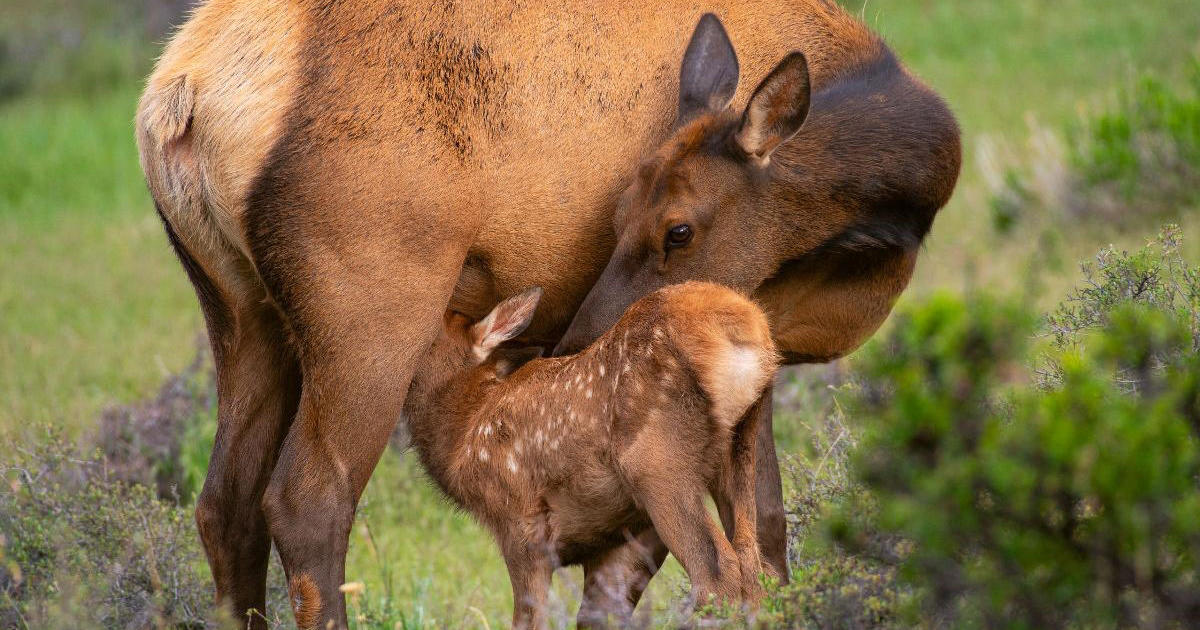Dry Conditions, Accelerated Snowmelt Reported Across Colorado
DENVER (CBS4) - The Natural Resources Conservation Service reported below average precipitation in major Colorado basins during the months of April and May. Officials said the combination of low precipitation and warm temperatures have caused accelerated snowmelt across the state.
The snowmelt is particularly fast in southern Colorado, which has seen the least amount of precipitation. According to NRCS, recent conditions, combined with a dry late summer and fall last year, have led to an unusual relationship between snowpack and snowmelt runoff volumes.
"While most of Colorado reached a near normal peak snowpack, the combination of drought conditions going into winter and recent lack of precipitation have led streamflow forecasts to be much lower than would commonly occur with a similar snowpack," said NRCS Hydrologist Karl Wetlaufer. "This is particularly notable in southern
Colorado."
Across Colorado, 49 out of 115 Colorado SNOTEL sites received the lowest or second lowest precipitation amounts on record for the combined months of April and May. Colorado mountains have also had warmer than normal temperatures. Officials said this combination has led to faster than usual snowmelt rates.
Streamflow forecasts in all major Colorado basins are below normal volumes, but officials say there are notable differences between northern and southern basins.
The North Platte, South Platte, and Colorado basins have the highest streamflow forecast values, ranging on average from 72 to 79 percent of normal volumes. The lowest streamflow forecasts are in the state are in the Rio Grande basin where they average to be a meager 41 percent of normal.
Officials said statewide reservoir storage is currently at 100 percent of average but varies considerably basin to basin. The largest storage in the state is in the combined Yampa and White basins as well as the Colorado basin where there is 115 percent of average storage.
On the low end, the Rio Grande basin only has 62 percent of average storage. Officials say this could pose water resource challenges considering the low streamflow forecasts.
After these numbers were calculated, a large and unusually strong storm for June moved across the state from June 6-9. The storm brought much needed precipitation virtually statewide. Accumulating snow fell across the mountains with more than 6 inches above 10,000 feet and at least a couple inches of snow for many mountain towns.
Despite the very beneficial moisture, snowpack remains below normal in the high country. And in Denver, precipitation remains below normal for the month, the season, and the year. But the recent rain certainly put a dent the deficits.







